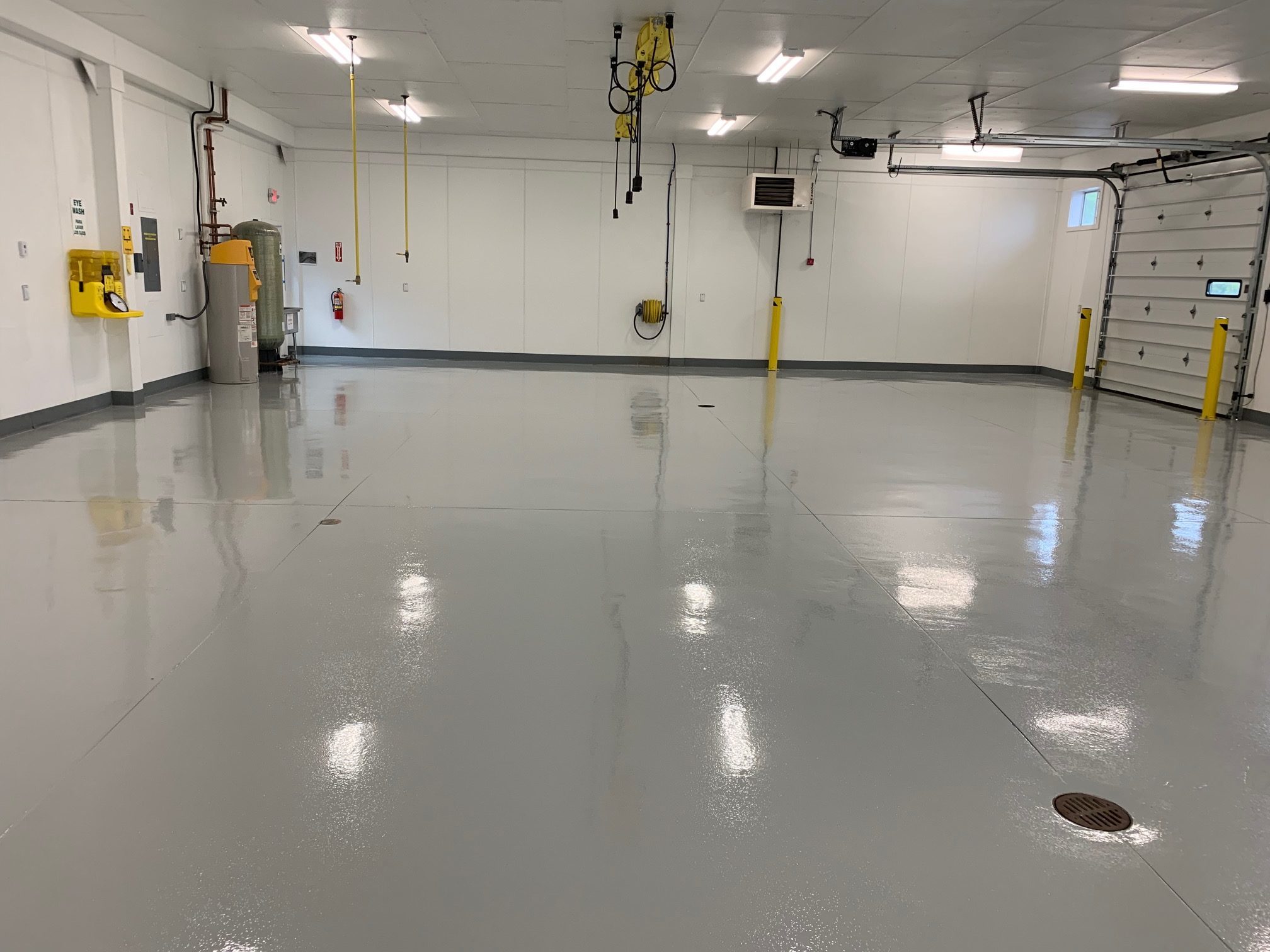

Articles
How Much Does It Cost To Paint Garage Floor
Modified: October 20, 2024
Looking to paint your garage floor? Find out how much it will cost with our informative articles. Get expert tips and advice to transform your space.
(Many of the links in this article redirect to a specific reviewed product. Your purchase of these products through affiliate links helps to generate commission for Storables.com, at no extra cost. Learn more)
Introduction
When it comes to improving the appearance and functionality of your garage, painting the floor can make a huge difference. A freshly painted garage floor not only looks clean and attractive but also provides durability and protection against stains, cracks, and wear and tear.
However, before diving into the project, it’s essential to understand how much it will cost to paint your garage floor. The cost can vary depending on several factors, such as the size of your garage, the type of paint used, and the labor involved.
In this article, we will explore the various factors that can affect the cost of painting a garage floor, as well as the different types of garage floor paint available. We will also discuss the labor costs and any additional expenses you might encounter. Additionally, we will weigh the pros and cons of tackling the project as a DIY endeavor versus hiring a professional.
By the end of this article, you will have a clear understanding of the expenses involved in painting your garage floor and can make an informed decision on how to proceed.
Key Takeaways:
- Factors such as garage size, floor condition, paint type, and labor costs all influence the total expense of painting a garage floor. Proper preparation and understanding of paint types are crucial for a successful project.
- When deciding between DIY and hiring a professional, consider the trade-offs between cost savings and expertise. Careful budgeting and preparation are essential for achieving a durable and visually appealing garage floor.
Read more: How Much Does An Epoxy Garage Floor Cost
Factors Affecting Cost
Several key factors can influence the cost of painting a garage floor. Understanding these factors can help you estimate the total expense and plan your budget accordingly. Here are the main factors to consider:
- Size of the Garage: Naturally, the larger the garage, the more materials and labor will be required, leading to higher costs. Measure the square footage of your garage to get an accurate estimate.
- Condition of the Floor: If your garage floor has cracks, chips, or previous paint coatings, it may require additional preparation, such as filling in cracks or removing old paint. This can add to the labor costs and affect the overall cost of the project.
- Type of Paint: There are various types of garage floor paint available, each with its own cost. Epoxy-based paints tend to be more expensive but offer superior durability and resistance to chemicals. Acrylic paint is a more budget-friendly option but may not provide the same level of durability.
- Number of Coats: The number of coats needed depends on the condition of the floor and the desired finish. In some cases, applying multiple coats may be necessary to achieve the best results, which adds to the overall cost.
- Additional Services: If you want to add decorative elements, such as patterns or colors, to your garage floor, it will involve additional expenses. Similarly, if you plan to apply a protective clear coat, it will also contribute to the total cost.
- Geographical Location: The cost of living and labor rates vary from one area to another. Prices may differ depending on where you are located, so it’s worth considering the local market rates when budgeting for your garage floor painting project.
Keep in mind that these factors are interconnected and can influence each other. For example, a larger garage may require more prep work, multiple coats, and therefore, a higher paint cost.
Now that you understand the key factors affecting the cost of painting a garage floor, let’s dive into the preparatory work required before applying the paint.
Preparatory Work
Before painting your garage floor, proper preparation is crucial to ensure optimal adhesion and longevity of the paint. The preparatory work involves several steps, which may impact the overall cost of the project. Here’s what you need to consider:
- Cleaning: Start by thoroughly cleaning the garage floor to remove any dirt, oil, or grease. This can be done using a degreaser or a concrete cleaner. Depending on the size and condition of the floor, this step may require additional time and cleaning supplies.
- Repairing Cracks and Imperfections: Inspect the floor for any cracks, uneven surfaces, or imperfections. Fill in the cracks using a suitable concrete crack filler and repair any other damages. This step may increase the labor and material costs, especially if there are extensive repairs needed.
- Etching or Grinding: To promote better paint adhesion, it is recommended to etch or grind the surface of the garage floor. This process roughens the surface, allowing the paint to adhere properly. Etching can be done using an acid-based solution, while grinding requires specialized equipment. Consider the cost of these materials and equipment if you decide to DIY or hire a professional.
- Masking and Protecting: If there are areas in your garage that you want to protect from the paint, such as walls, cabinets, or appliances, you will need to mask them off with painter’s tape and drop cloths. These materials are relatively inexpensive but should be factored into your overall budget.
- Drying Time: After completing the preparatory steps, it is essential to allow adequate drying time for the floor. This can range from a few hours to several days, depending on the type of products used and environmental conditions. Consider any potential delays in the project timeline due to drying time.
By investing time and effort into the preparatory work, you can achieve a smoother and longer-lasting finish for your garage floor paint. While this phase may increase the overall cost of the project, it is a necessary step to ensure a successful outcome.
Now that we have covered the preparatory work, let’s explore the different types of garage floor paint available and their associated costs.
Types of Garage Floor Paint
When it comes to choosing the right paint for your garage floor, it’s important to consider the specific needs of your space. There are several types of garage floor paint available, each offering different benefits and costs. Here are the main types to consider:
- Epoxy-Based Paint: Epoxy paint is a popular choice for garage floors due to its durability, resistance to chemicals, and ability to create a glossy finish. It consists of an epoxy resin and a hardening agent, which are mixed together before application. Epoxy paint is relatively more expensive compared to other options but offers excellent longevity and protection for high-traffic areas.
- Acrylic Paint: Acrylic paint is a more budget-friendly option for garage floors. It is water-based and dries quickly, making it a suitable choice for DIY projects. While acrylic paint may not offer the same level of durability as epoxy, it can still provide decent protection and a clean look for your garage floor.
- Latex Paint: Latex paint is another affordable option for garage floors. It is also water-based and easy to apply. However, latex paint may not be as durable as epoxy or acrylic, especially in areas with heavy use or exposure to chemicals.
- Polyurethane-Coated Paint: Polyurethane-coated paint combines the durability of epoxy with the flexibility and UV resistance of polyurethane. This type of paint offers excellent protection against chemicals, abrasion, and UV damage. However, due to its advanced properties, it tends to be more expensive.
- Concrete Stain: Concrete stain is a popular choice for those looking to enhance the appearance of their garage floor. Rather than coating the surface like paint, concrete stain penetrates the concrete, providing a semi-transparent color and highlighting the natural texture of the floor. While it may not offer the same level of protection as paint, it can create a unique and attractive look.
Each type of garage floor paint has its own advantages and price points. Consider your budget, desired level of durability, and aesthetic preferences when selecting the right paint for your garage floor.
Now that we have covered the different types of garage floor paint, let’s dive into the cost of garage floor paints and the factors that influence their prices.
Cost of Garage Floor Paint
The cost of garage floor paint can vary depending on the type of paint chosen, the brand, and the coverage area. Here are some general price ranges to give you an idea of what to expect:
- Epoxy-Based Paint: Epoxy paint is typically the most expensive option, with prices ranging from $30 to $60 per gallon. Keep in mind that epoxy paint usually requires multiple coats and may also require the purchase of a separate primer, which can add to the overall cost.
- Acrylic Paint: Acrylic paint is a more budget-friendly option, with prices averaging around $20 to $40 per gallon. It typically provides good coverage and is suitable for DIY projects.
- Latex Paint: Latex paint is the most affordable option, with prices ranging from $10 to $20 per gallon. It is a popular choice for those on a tight budget or looking for a temporary solution.
- Polyurethane-Coated Paint: Polyurethane-coated paint falls on the higher end of the price spectrum, with prices ranging from $40 to $80 per gallon. It offers exceptional durability and protection, making it a worthwhile investment for high-traffic areas.
- Concrete Stain: Concrete stain prices can vary, but on average, expect to pay around $30 to $50 per gallon. The coverage area depends on the porosity of the concrete and the desired color intensity.
It’s important to note that these price ranges are estimates and can vary based on factors such as the brand, quality, and your location. Additionally, consider the coverage of the paint and calculate how much you will need based on the size of your garage floor.
While the cost of the paint itself is an important factor to consider, remember that proper preparation, including cleaning, repairing, and priming, is crucial for achieving the best results and maximizing the longevity of the paint.
Now that we have covered the cost of garage floor paint, let’s dive into the labor costs involved in painting a garage floor.
Read more: How Much Does Garage Repair Cost
Labor Costs
The labor costs associated with painting a garage floor can vary depending on several factors, including the size of the garage, the condition of the floor, and the complexity of the project. Here are a few things to consider when it comes to labor costs:
- DIY: If you choose to tackle the project as a do-it-yourself endeavor, you can save on labor costs. However, keep in mind that the labor will still be your own time and effort. You will need to allocate sufficient time for the preparatory work, applying the paint, and allowing it to dry. DIY labor costs are essentially the opportunity cost of your own time.
- Professional Painting Contractor: Hiring a professional painting contractor can ensure a high-quality result and save you time and hassle. The cost of hiring a professional will vary depending on factors such as their experience, location, and the size of your garage floor. On average, expect to pay anywhere from $2 to $5 per square foot for labor. Keep in mind that this cost may also include the preparatory work, masking, and cleanup.
- Additional Services: If you require additional services such as crack repairs, surface leveling, or decorative elements like patterns or colors, the labor costs will increase accordingly. These services may require specialized skills and equipment, which could add to the overall expense.
It’s important to obtain multiple quotes from painting contractors to compare prices and ensure they are providing a comprehensive breakdown of the labor costs. Additionally, consider the reputation and experience of the contractor to ensure they deliver a quality outcome.
While the cost of labor can add to the overall expense, hiring a professional can save you time, provide expertise, and ensure a long-lasting and visually appealing garage floor paint job.
Now, let’s discuss any additional costs you should be aware of when painting your garage floor.
Before painting your garage floor, consider the size of the area, the type of paint and any necessary prep work. On average, the cost can range from $1.50 to $4.00 per square foot, including materials and labor. Get quotes from professionals for an accurate estimate.
Additional Costs
When painting your garage floor, there may be additional costs beyond the paint and labor. These costs can vary depending on various factors and specific requirements for your project. Here are some potential additional expenses to consider:
- Primer: Depending on the type of paint you choose and the condition of your garage floor, you may need to apply a primer before painting. The cost of primer can range from $20 to $50 per gallon, depending on the brand and type.
- Tools and Equipment: If you’re taking on the project yourself, you may need to purchase or rent certain tools and equipment. This can include items such as paint rollers, brushes, paint trays, sprayers, concrete repair materials, and more. These costs can vary depending on your existing supplies and the quality of the tools you choose.
- Protective Coating: To enhance the durability and longevity of your garage floor paint, you may consider applying a clear protective coating. This additional layer can add an extra cost, typically ranging from $30 to $80 per gallon, depending on the brand and quality of the product.
- Floor Preparation Materials: Depending on the condition of your garage floor, you may need to invest in materials for proper preparation. This can include concrete crack fillers, degreasers, etching solutions, and grinding equipment. The cost of these materials will depend on the extent of the repairs needed and the size of your garage floor.
- Decorative Elements: If you want to add decorative elements such as patterns or colors to your garage floor, there may be additional costs involved. This can include purchasing stencils, dyes, or specialized materials, which can vary in price depending on your design choices.
- Disposal: If you undertake the project yourself and generate waste materials such as used paint cans, scrapers, or drop cloths, you may need to budget for disposal fees. Check with your local waste disposal services to see if there are any additional costs involved.
It’s important to carefully consider these additional costs when budgeting for your garage floor painting project. By accounting for all potential expenses, you can ensure that you have a realistic budget in place and avoid any surprises during the process.
With an understanding of the additional costs, let’s now compare the pros and cons of DIY versus hiring a professional for your garage floor painting project.
DIY vs Hiring a Professional
When it comes to painting your garage floor, you have the option to either tackle the project yourself or hire a professional painting contractor. Let’s compare the pros and cons of each approach:
DIY (Do-It-Yourself)
Pros:
- Cost Savings: Undertaking the project yourself can save you money on labor costs.
- Control and Flexibility: You have full control over the process, including choosing the paint, the color, and the timeline.
- Personal Satisfaction: Accomplishing the project on your own can provide a sense of pride and personal fulfillment.
Cons:
- Time and Effort: DIY projects require time and effort for proper preparation, application, and cleanup.
- Limited Expertise: Unless you have experience with garage floor painting, there may be a learning curve and potential for mistakes.
- Limited Tools and Equipment: You may need to invest in or rent tools and equipment to complete the project properly.
- Potential for Inferior Results: Without professional expertise, the finished result may not be as durable or aesthetically pleasing as hiring a professional.
Read more: How Much Does A Concrete Floor Cost
Hiring a Professional
Pros:
- Experience and Expertise: Professionals have the necessary knowledge and skills to deliver high-quality results.
- Time Savings: Hiring a professional allows you to save time and focus on other tasks or activities.
- Proper Preparation and Execution: Professionals understand the importance of thorough preparation and adhere to best practices for a durable and attractive finish.
Cons:
- Higher Cost: Hiring a professional painting contractor will involve additional labor costs, which can increase the overall expense of the project.
- Limited Control: You will have less control over the process, including the choice of materials and the project timeline.
- Dependence on External Factors: Scheduling and availability of professional painters may impact the timeline of the project.
Ultimately, the decision between DIY and hiring a professional depends on your budget, time constraints, and comfort level with DIY projects. If you have the necessary skills, tools, and time to devote to the project, DIY can be a cost-effective option. However, if you value expertise, efficiency, and a professional finish, hiring a painting contractor may be the better choice.
Take into account your specific needs and priorities to make an informed decision that will result in a beautiful and long-lasting painted garage floor.
Now that we’ve covered the DIY versus professional considerations, let’s conclude our discussion.
Conclusion
Painting your garage floor can significantly improve its appearance, durability, and functionality. However, understanding the cost factors involved in a garage floor painting project is essential for proper planning and budgeting.
Factors such as the size of your garage, the condition of the floor, the type of paint, and the labor costs can all impact the total expense. Additionally, it’s important to consider the preparatory work required, the different types of garage floor paint available, and any additional costs that may arise.
When deciding between a DIY approach or hiring a professional painting contractor, weigh the benefits of cost savings and personal control against the advantages of expertise, time savings, and quality results. Remember that taking on the project yourself requires careful preparation, time commitment, and the necessary tools, while hiring a professional can provide peace of mind, efficiency, and professional-grade results.
Whether you choose to go the DIY route or hire a professional, ensure that proper preparatory work is conducted, including thorough cleaning, repairing any cracks or imperfections, and applying any necessary primer. This will help to create a smooth, long-lasting finish.
Lastly, don’t forget to factor in the cost of the paint itself, as prices can vary depending on the type and brand you choose. Consider the coverage area, the number of coats required, and any additional materials or services needed, such as protective coatings or decorative elements.
By carefully considering all these factors and making an informed decision, you can successfully paint your garage floor and achieve a clean, attractive, and durable surface. Whether you choose to take on the project yourself or hire a professional, a beautifully painted garage floor will not only enhance the aesthetic appeal of your garage but also provide protection and longevity for years to come.
Now that you've got a handle on the costs of painting your garage floor, why stop there? Boosting your garage's appeal doesn't end with just a slick paint job. Dive deeper into enhancing your space by learning about the best options available for long-lasting durability and aesthetics. Our next read offers a detailed look at the top choices for garage flooring protection that stand up to heavy use and still look great. Don't miss out on finding the perfect solution that fits both your needs and your budget.
Frequently Asked Questions about How Much Does It Cost To Paint Garage Floor
Was this page helpful?
At Storables.com, we guarantee accurate and reliable information. Our content, validated by Expert Board Contributors, is crafted following stringent Editorial Policies. We're committed to providing you with well-researched, expert-backed insights for all your informational needs.


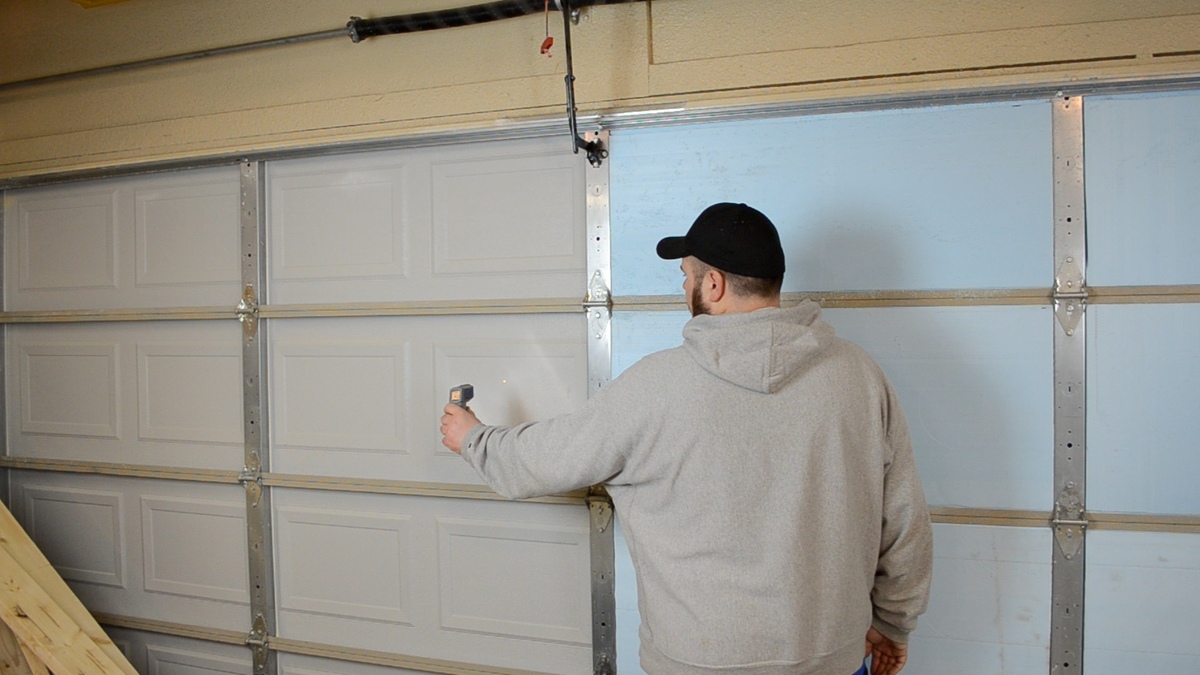
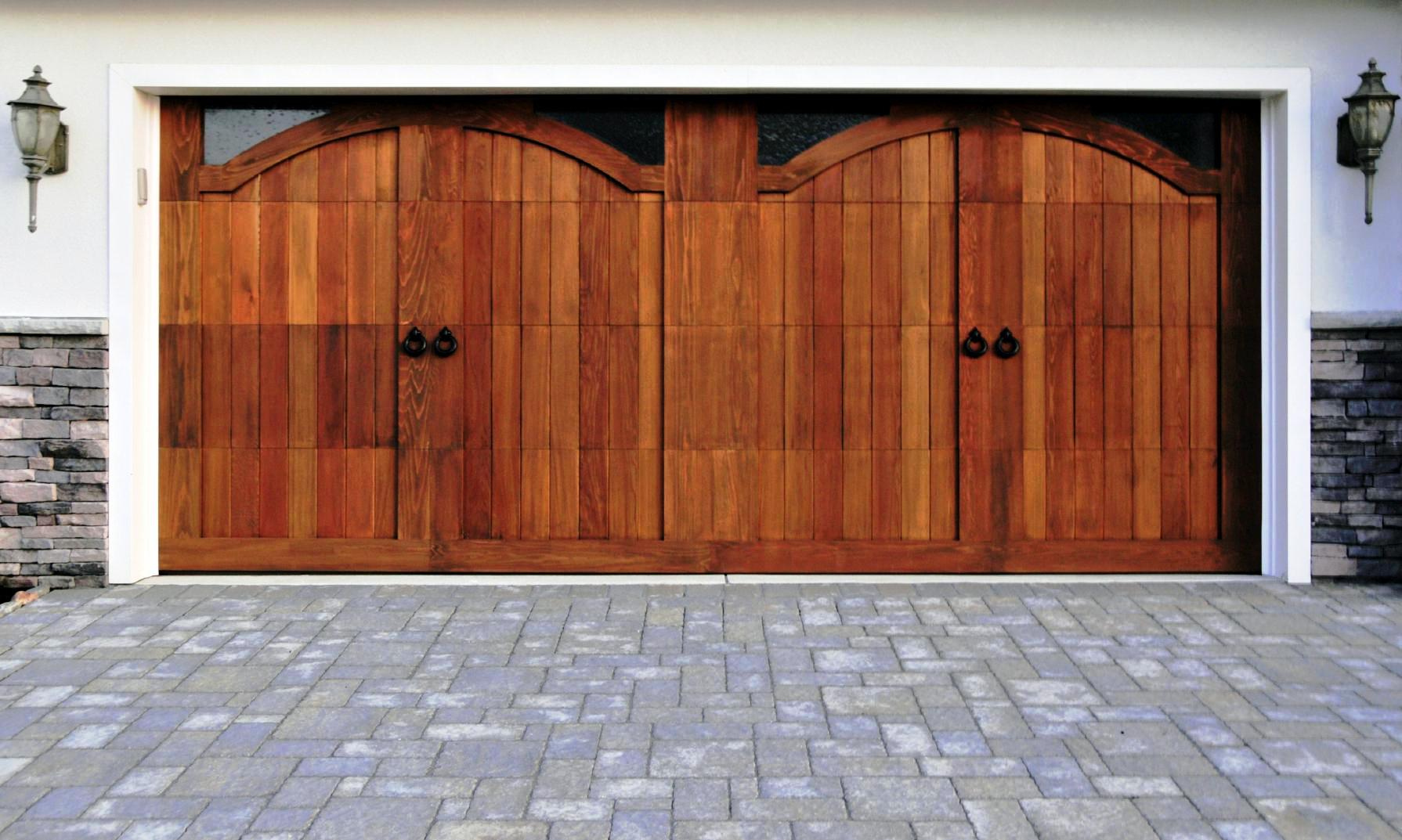
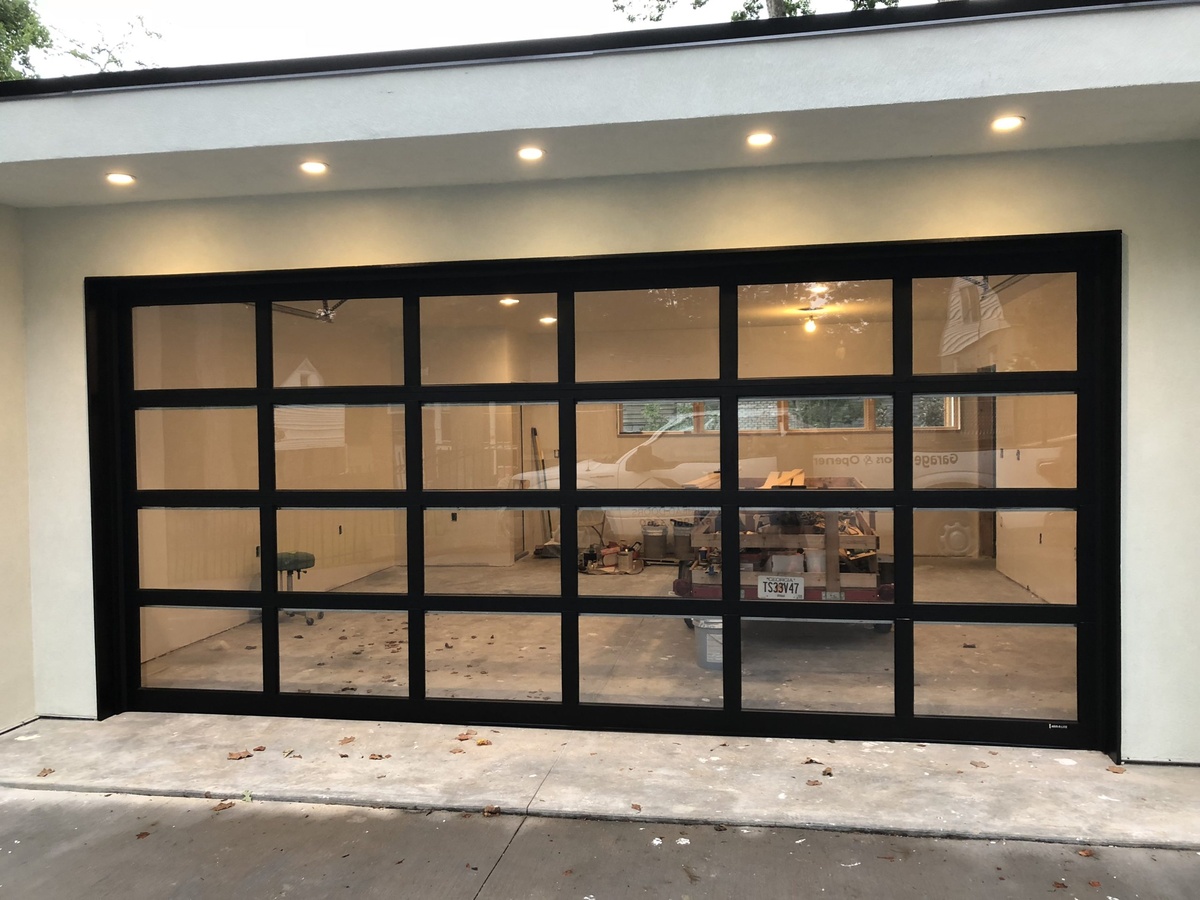
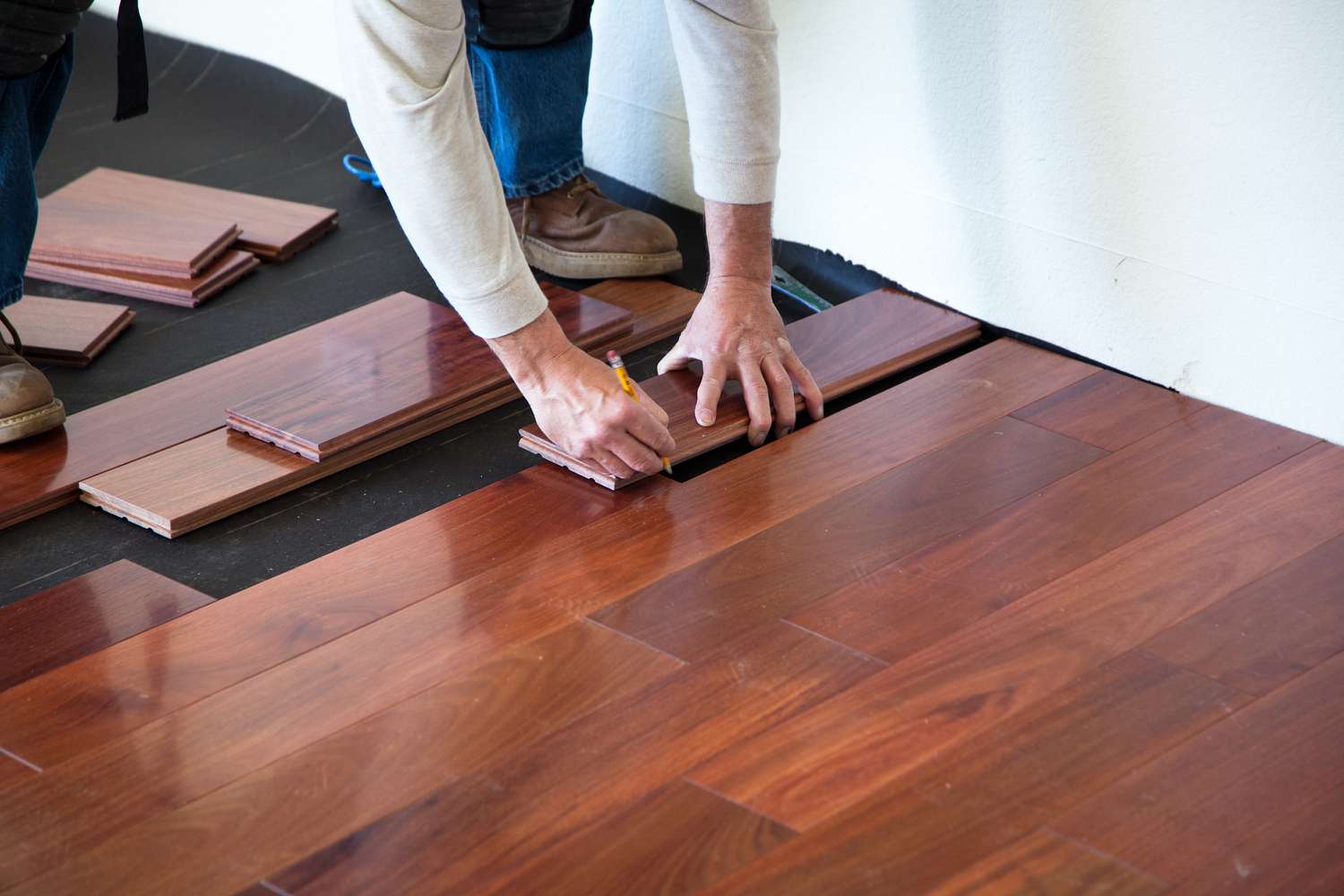
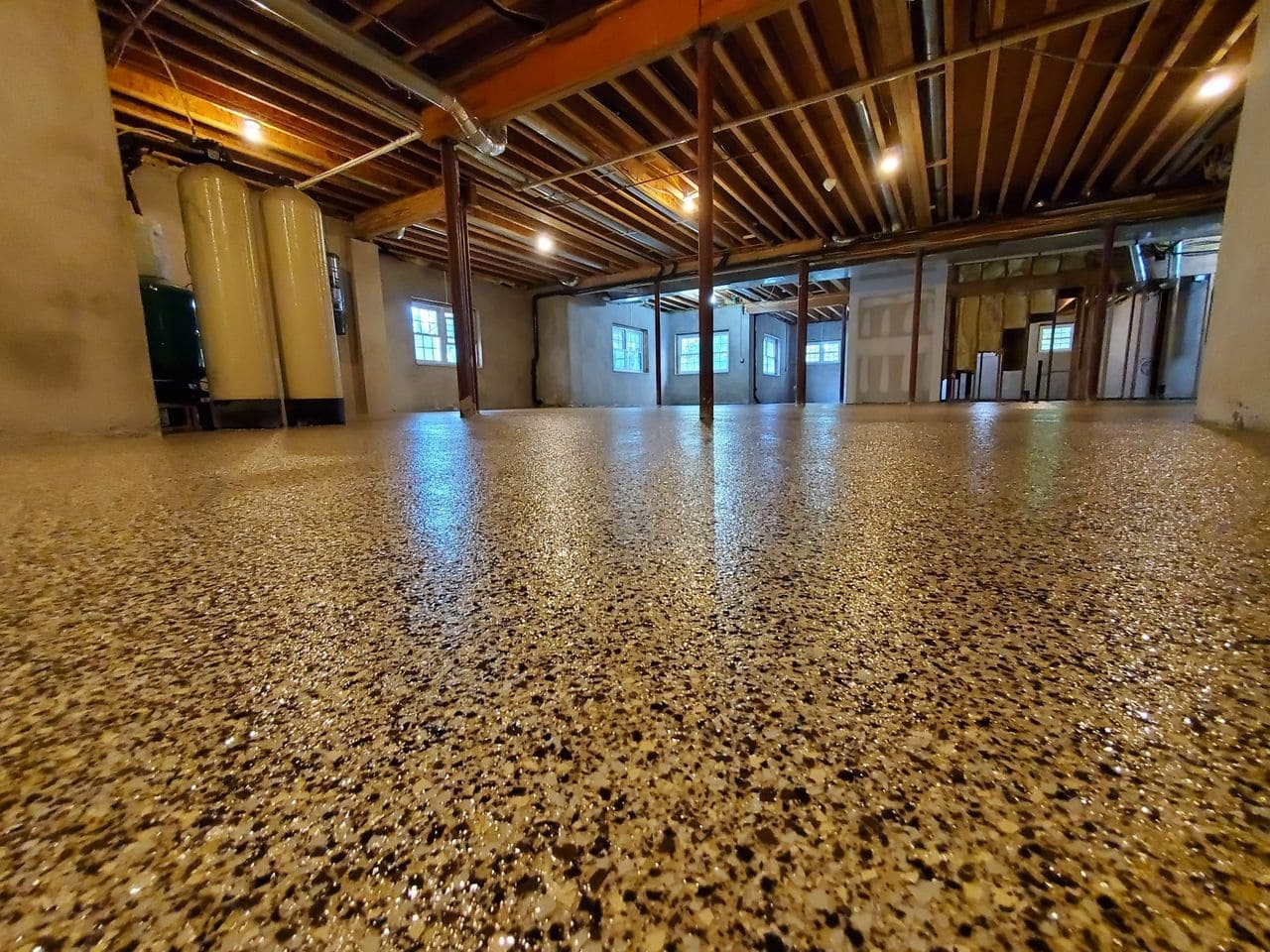
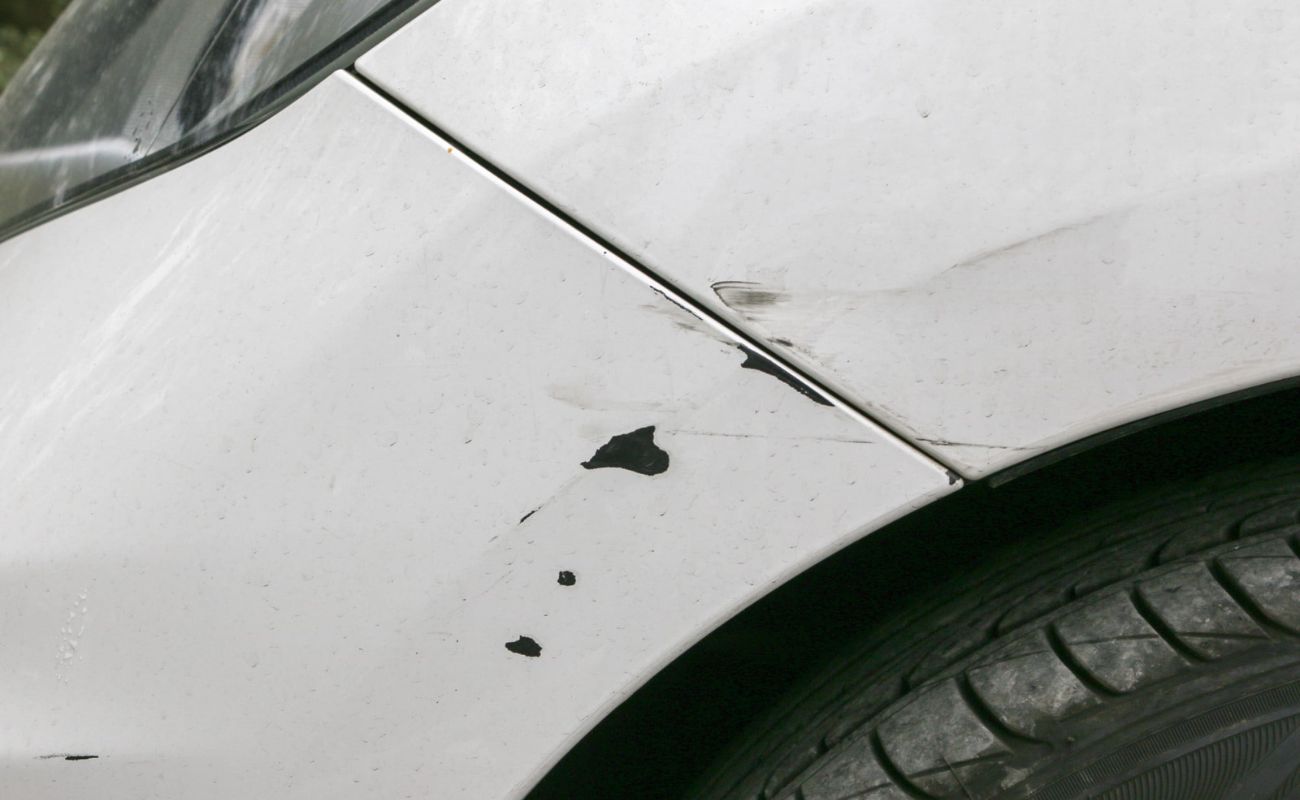
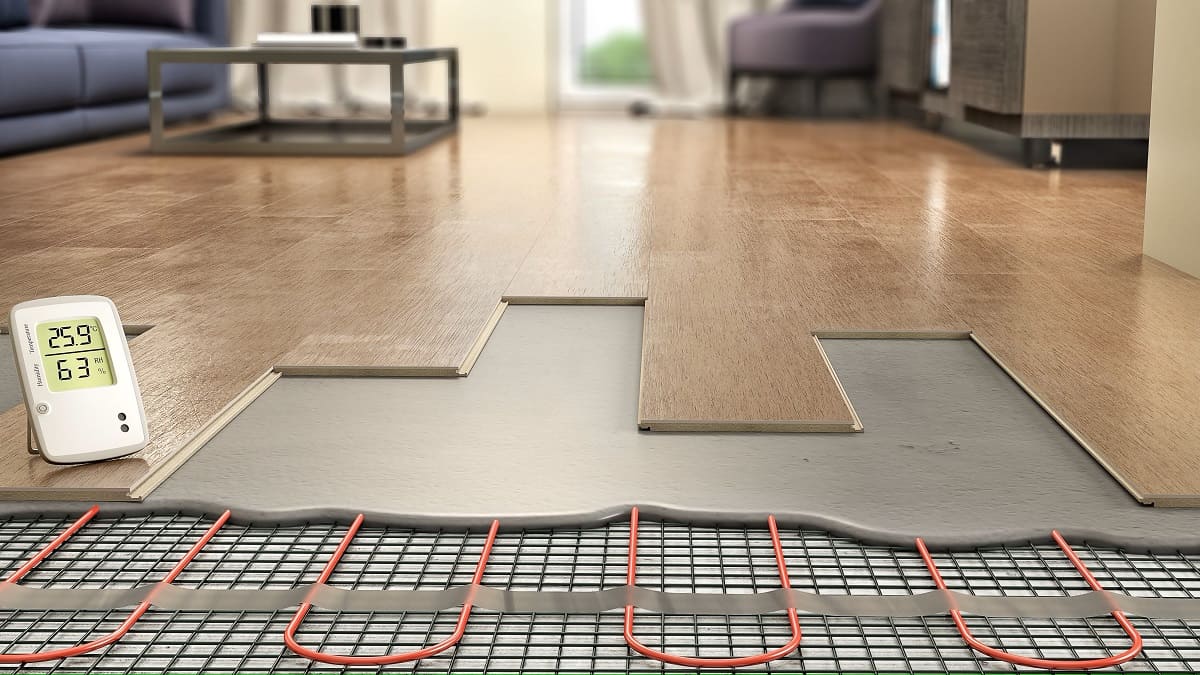
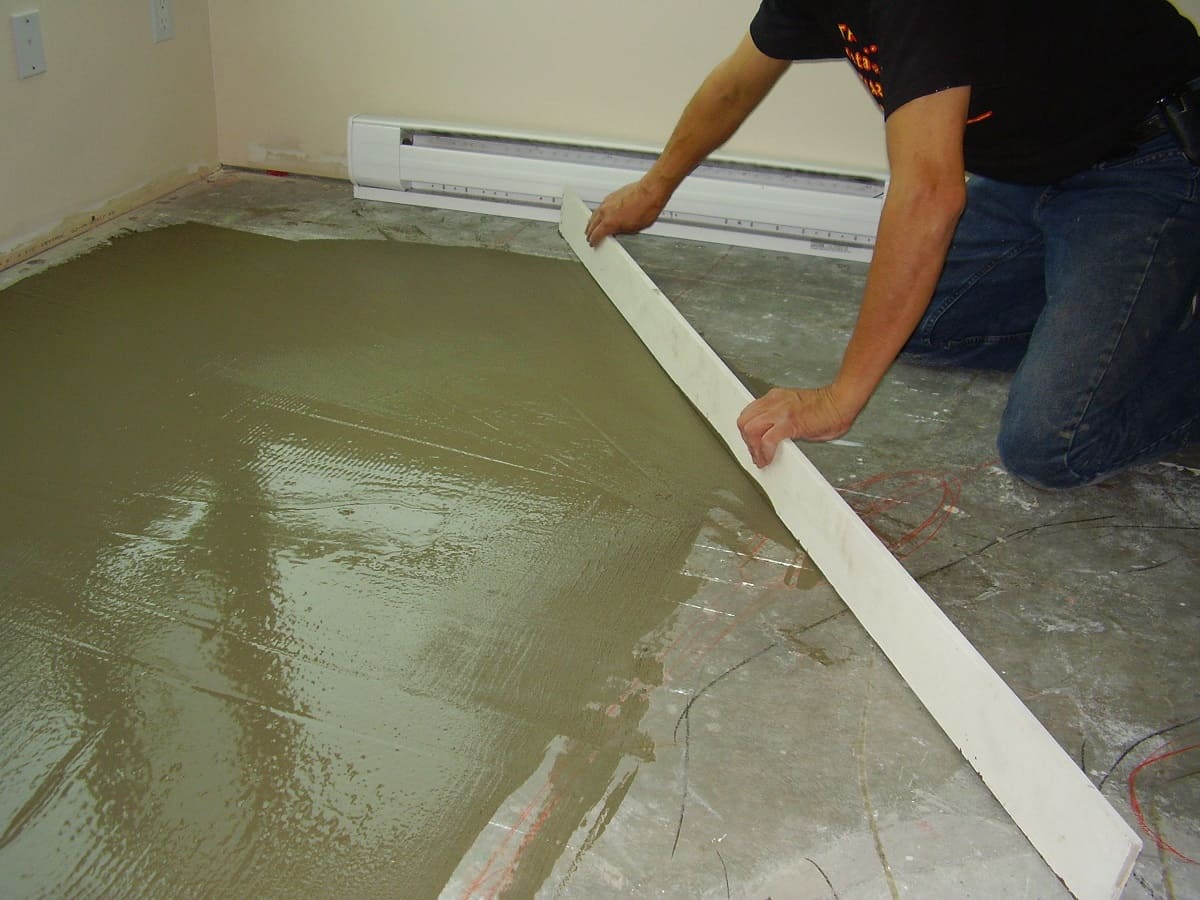
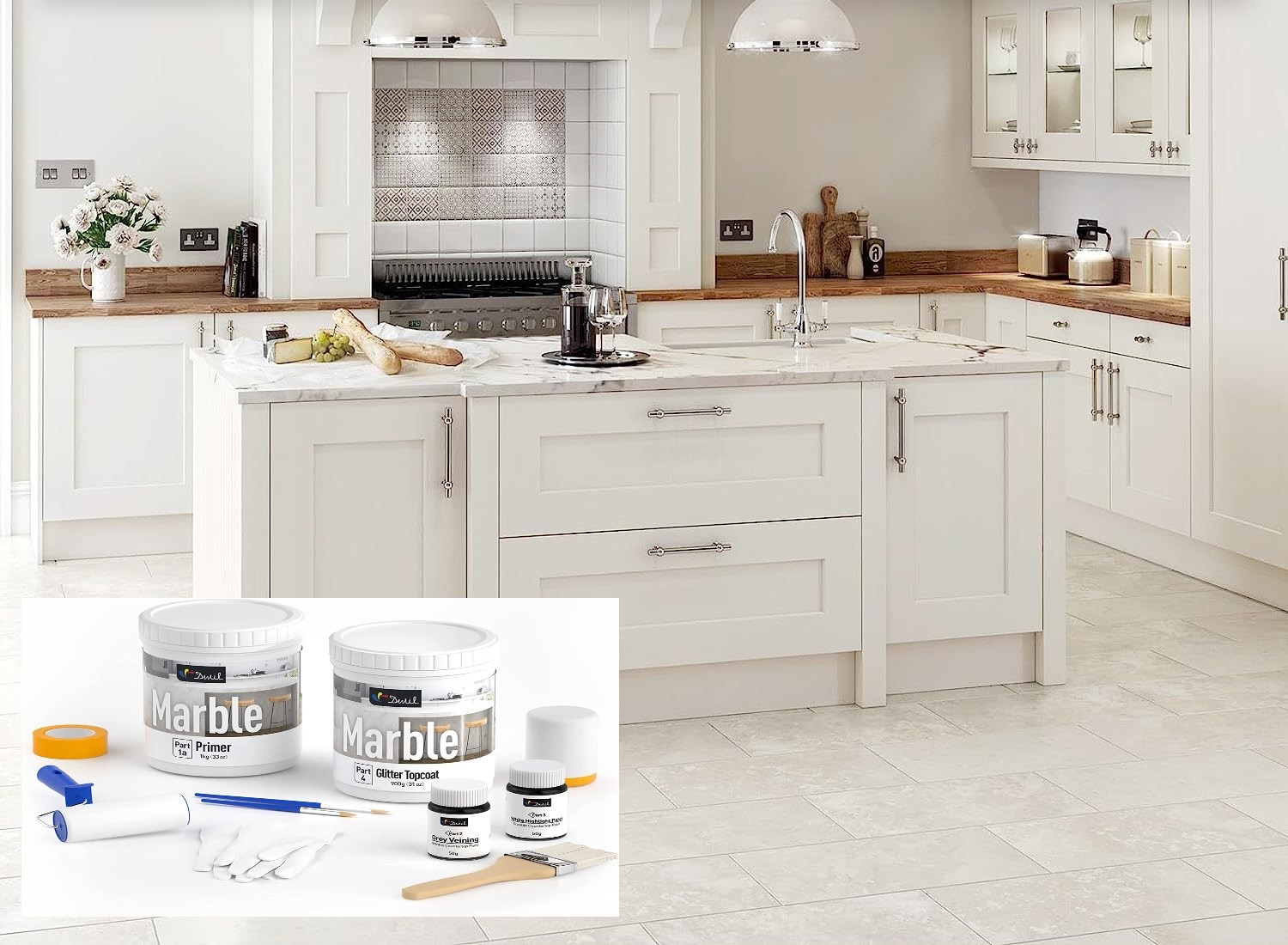

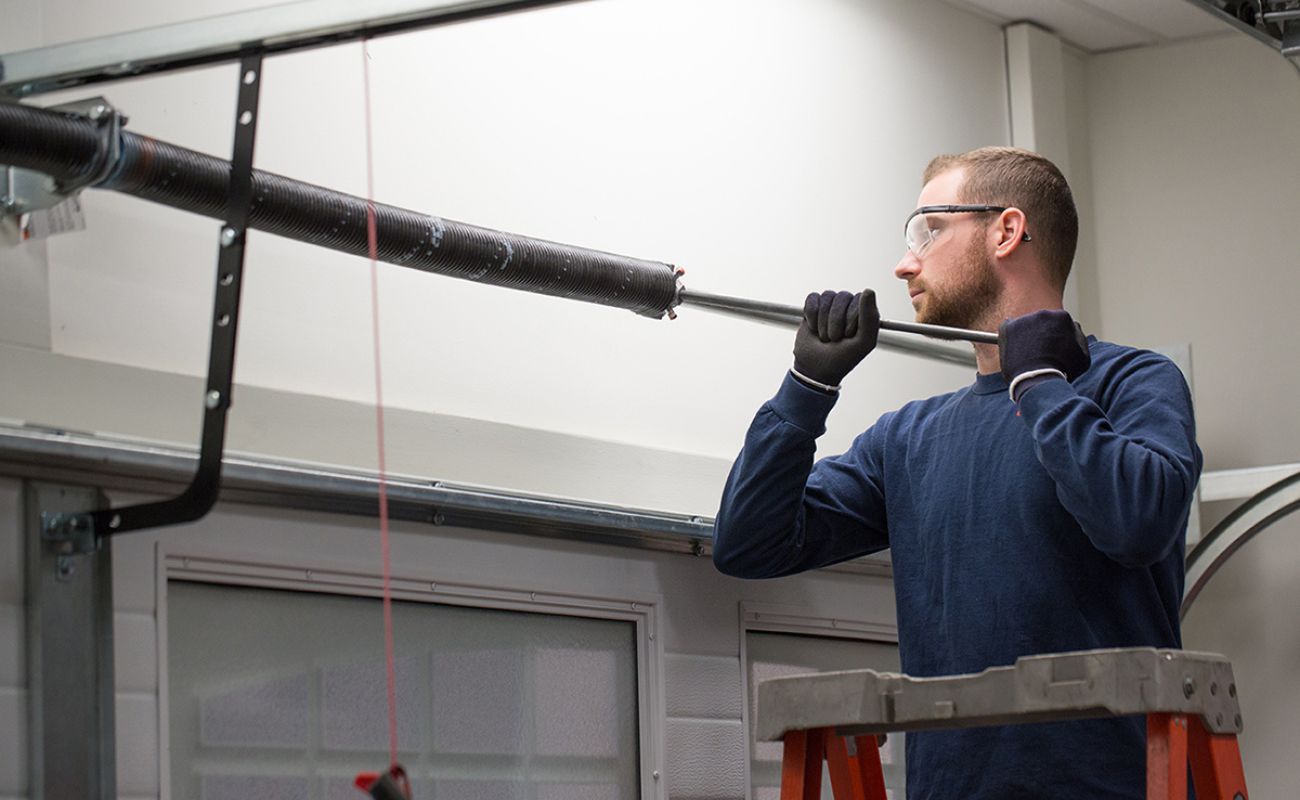

0 thoughts on “How Much Does It Cost To Paint Garage Floor”